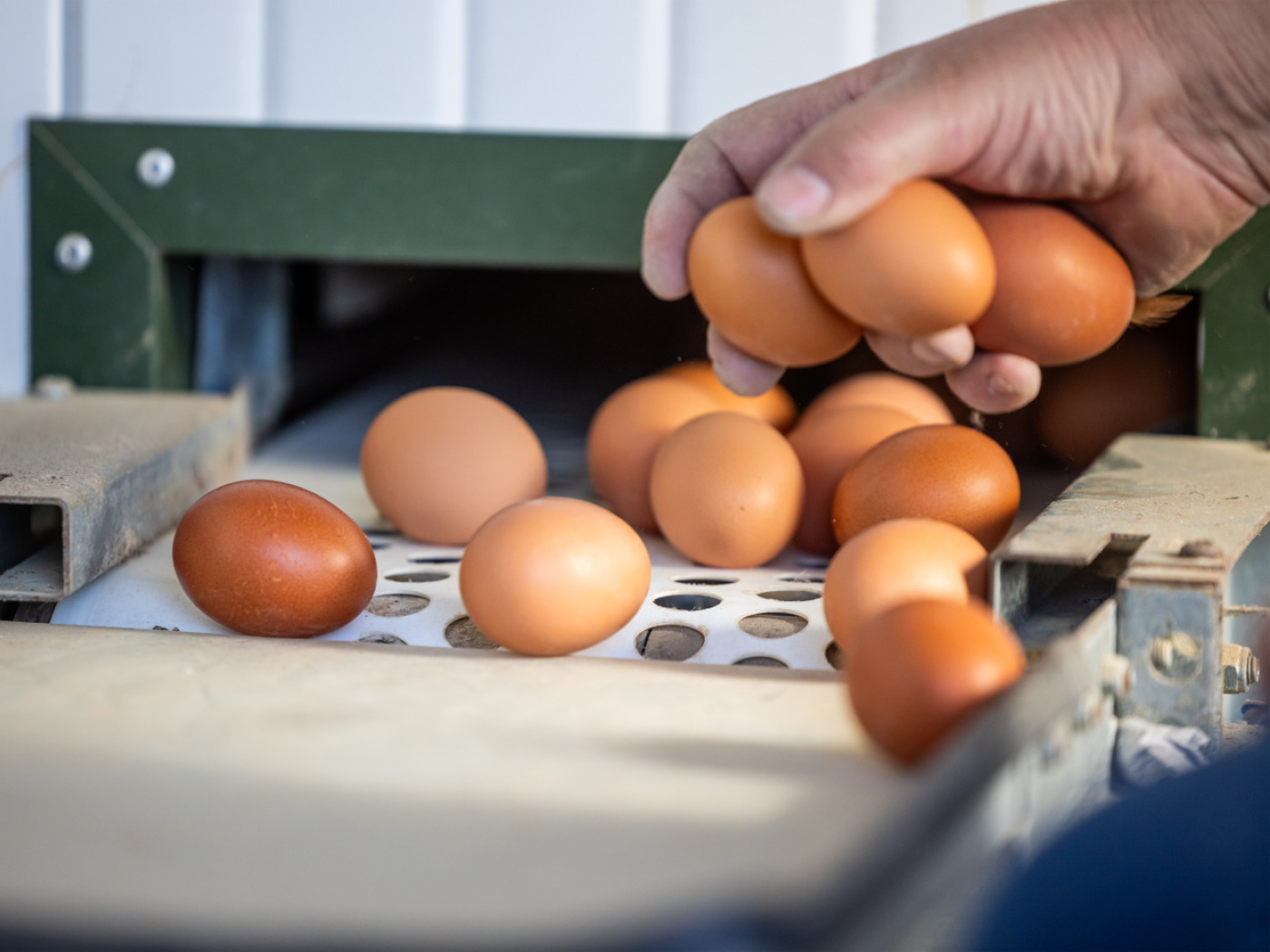
Switzerland to allow more egg imports as of June 1

Various regulations will come into force starting in June. This includes rules that allow more eggs to be imported into Switzerland.
+Get the most important news from Switzerland in your inbox
AGRICULTURE: Because Swiss egg producers are unable to meet demand, the government is increasing the import quota from June 1. Until the end of the year, additional imports of a maximum of 10,000 eggs will be possible at a reduced rate of duty.
The reason for this is the significant increase in demand. According to market data, per capita consumption climbed by 9% to 198 eggs per year from 2023 to 2024 alone. Production increased by just 2.8% during this period, which is why additional imports are needed.
PUBLIC TRANSPORT: SBB is adapting its customer information on personal accidents again from Wednesday. Instead of the term “external incident”, the term “personal accident” will be used on all communication channels in future.
SBB is thus pursuing the goal of more transparent communication, as stated in a press release. Previously, the term “personal accident” was only used in the trains and stations directly affected. Since last summer, the railways have used the term “external incident” on other channels.
In addition to accidents involving people, this also included people or animals near the tracks, collisions with animals or police operations. In this way, the public transport companies wanted to avoid copycat effects. The Zurich Society for Psychiatry and Psychotherapy (ZGPP) is concerned that this is now being reversed. The new language regulation could lead to more imitations. The term “personal accident” clearly contradicts the suicide prevention recommendations.
Translated from German by DeepL/jdp
We select the most relevant news for an international audience and use automatic translation tools to translate them into English. A journalist then reviews the translation for clarity and accuracy before publication.
Providing you with automatically translated news gives us the time to write more in-depth articles. The news stories we select have been written and carefully fact-checked by an external editorial team from news agencies such as Bloomberg or Keystone.
If you have any questions about how we work, write to us at english@swissinfo.ch

In compliance with the JTI standards
More: SWI swissinfo.ch certified by the Journalism Trust Initiative





























You can find an overview of ongoing debates with our journalists here . Please join us!
If you want to start a conversation about a topic raised in this article or want to report factual errors, email us at english@swissinfo.ch.